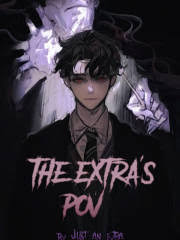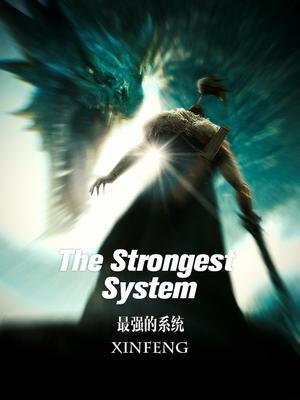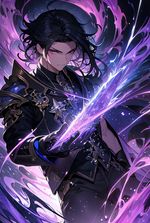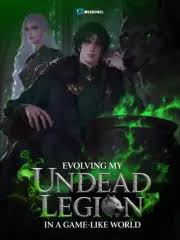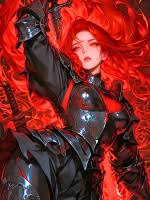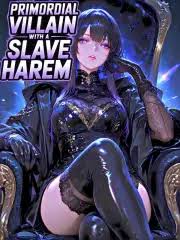The Story in 3 Sentences
Rey Skylar and his high school classmates are summoned to another world with the desperate plea of “Otherworlders, we beg you to save our world from ruin,” receiving Skills and Classes based on their limited Karma to fight against the threatening dragon race.
While his classmates get multiple powerful Skills and decent Classes to survive as heroes, Rey receives what appears to be useless abilities, making him seem like just an extra character in their grand adventure story.
However, Rey’s true potential lies hidden beneath his seemingly weak exterior, as he must navigate the complex politics of being a summoned hero while concealing abilities that could change the fate of both worlds.
Why It Stands Out
1. The Underestimated Extra Perspective
Unlike typical isekai protagonists who immediately shine, Rey intentionally maintains the facade of being the weakest member of his class, creating unique tension as readers know his true power while other characters dismiss him completely.
2. Classmate Group Dynamic Complexity
The story explores the realistic social dynamics of an entire high school class being summoned together, examining how teenage personalities, jealousies, and friendships translate into a fantasy world with life-or-death stakes.
3. Hidden Power with Strategic Purpose
Rey’s decision to conceal his abilities isn’t just for dramatic effect but serves strategic purposes, allowing him to manipulate situations from the shadows while his classmates take credit and face the dangers of being obvious heroes.
Characters That Leave a Mark
There’s Alicia White – one of Rey’s classmates who likely receives a powerful Class and becomes a prominent hero, representing the stark contrast between those who shine openly and Rey’s hidden potential.
You’ll meet Adonis, whose name suggests either divine-level abilities or exceptional charisma among the summoned students, creating interesting dynamics with Rey’s deliberately understated presence.
Must-Experience Arcs
Ch. 1-100: The Summoning and Classification – The initial world transfer where Rey and his classmates receive their abilities, establishing the power hierarchy and Rey’s decision to hide his true potential.
Ch. 400-600: Dragon Conflicts Escalate – Major battles against the dragon race that test the limits of the summoned heroes while Rey works behind the scenes to ensure their success.
Ch. 800-1000: Truth Revelation Climax – The ultimate confrontation where Rey’s hidden abilities and strategic manipulations finally come to light, reshaping everyone’s understanding of their journey.
Cultural Impact
The novel popularized the “extra character protagonist” concept in isekai fiction, inspiring numerous stories about seemingly weak characters with hidden depths and strategic minds.
Fan communities frequently debate Rey’s moral choices regarding deception and manipulation, discussing whether his methods justify his goals in protecting his classmates.
The group summoning element influenced other authors to explore class dynamics and social hierarchies when entire groups are transported to fantasy worlds together.
Final Verdict
Start Here If You Want:
An isekai protagonist who succeeds through intelligence and strategy rather than overwhelming power displays
Complex group dynamics exploring how high school social structures translate into fantasy hero parties
Mystery elements where the protagonist’s true capabilities are gradually revealed while maintaining the facade of being ordinary
Study If You Love:
Hidden power narratives with strategic deception and long-term planning rather than immediate power reveals
Ensemble cast stories that develop multiple classmate characters beyond just the main protagonist
Psychological depth in isekai settings where characters must adapt both their abilities and personalities to survive
Avoid If You Prefer:
Straightforward power fantasy without the complexity of hidden abilities and social manipulation
Fast-paced action without extensive focus on character relationships and group dynamics
Traditional hero narratives without morally ambiguous protagonists who use deception as a primary tool
